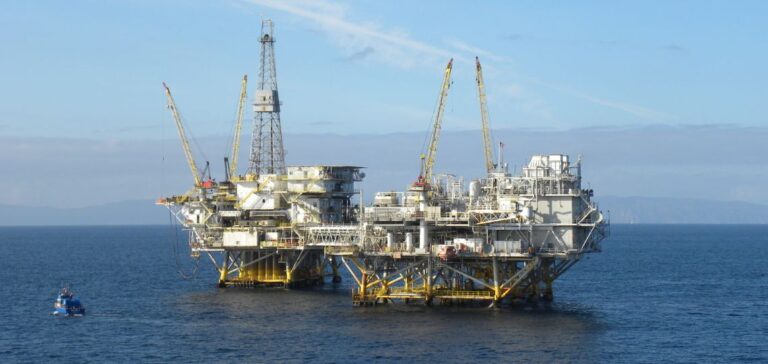In the week ending March 29, US crude oil inventories unexpectedly rose by 3.2 million barrels, defying expectations of a decline. These stocks now stand at 451.4 million barrels. This increase contrasts with the significant drop in gasoline inventories, which fell by 4.3 million barrels, beating expectations and reflecting sustained demand. The slight drop in the refinery operating rate to 88.6% partly explains this rise in unprocessed crude reserves.
Oil market dynamics explained
Continued refinery utilization and increased imports contributed to the modest rise in crude inventories, according to Kpler analyst Matt Smith. At the same time, a significant rebound in gasoline demand led to a reduction in fuel inventories, going against analysts’ forecasts of a rise. This dynamic boosted oil prices during the session, with Brent crude reaching its highest level since October.
Implications for oil prices
The market reaction was immediate, with oil prices rising following the announcement. Brent crude for June delivery climbed 0.76% to $89.60, while WTI for May saw an increase of 0.69% to $85.74. This upward trend underscores the significant impact of inventory levels on oil prices, against a backdrop of robust gasoline demand in the United States.
Crude oil production in the United States remained stable at 13.1 million barrels per day, reflecting strong production capacity. Deliveries of refined products, meanwhile, were up 1.4% year-on-year over four weeks, reflecting buoyant energy consumption. This rise in demand, particularly for gasoline, plays a key role in oil price trends on world markets.






















